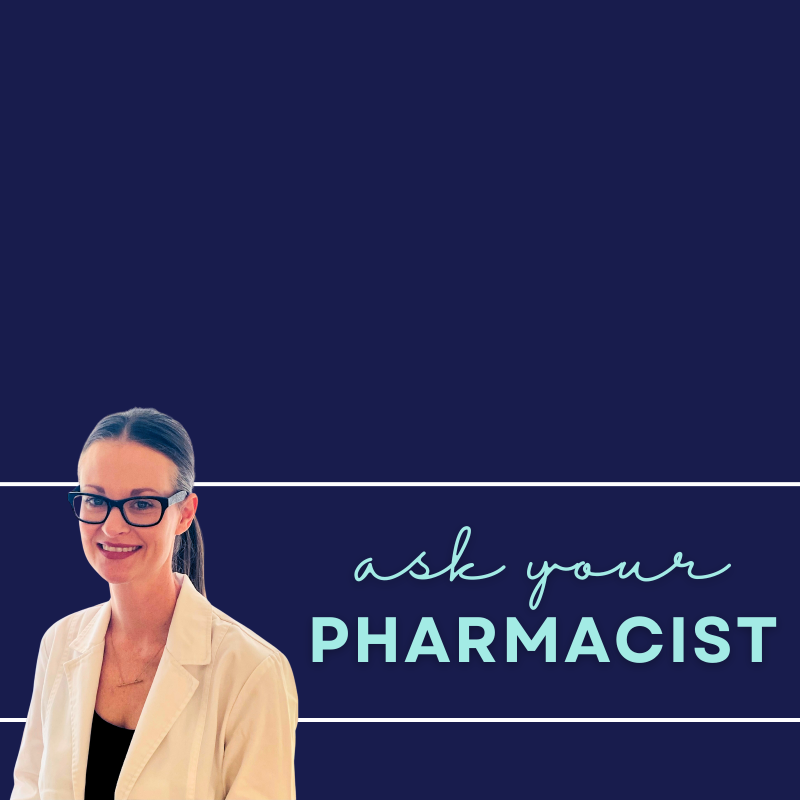
Q: I developed a burning rash on my lower back and saw my doctor the following week. She said it was shingles, but it was too late for me to take the medication for it and said I couldn’t get the vaccine right now either. What is the reasoning behind this?
Shingles is caused by the varicella virus, which is the same virus that causes chickenpox. When you recover from a chickenpox infection, the virus goes into your nerve cells and basically goes to sleep. When the virus wakes up again it breaks out as a shingles infection, which usually starts with skin sensitivity, tingling, itching and/or pain followed by a red rash with fluid filled blisters a few days later.
Unlike chickenpox, a shingles rash typically occurs in one area on one side of the body or face at a time. People with a shingles infection may also feel unwell with tiredness, headache, fever or chills and even hearing or vision problems. Approximately 90 per cent of Canadians over the age of 50 have had chickenpox and it is expected that about 1 in every 3 of them will develop a shingles infection in their lifetime. Shingles can be something you get only once, or it can continue to break out again and again.
It is believed that the virus wakes up when your immune system is lowered. Age is the biggest risk factor for a shingles infection because as we age, our immune system naturally weakens which is why shingles is most common in people over 50 years old. Undergoing treatments like radiation or chemotherapy and taking medications such as corticosteroids can weaken your immune system and put you at risk of a shingles outbreak.
Some infections are extremely painful and can make daily activities like getting dressed, walking and sleeping incredibly difficult. The rash will usually heal on its own within a few weeks, but you can be left with a condition known as post-herpetic neuralgia. This happens when the virus causes damage to your nerve cells leaving you feeling a burning, stabbing or aching pain that can last for months to years. Approximately one in five people who have shingles will develop post-herpetic neuralgia.
Anti-viral medications can be used to treat shingles and they are most effective when you start taking them within 72 hours of your rash appearing. It looks like you were into your second week with shingles by the time you saw your doctor and she determined an anti-viral medication would no longer be helpful for your rash at that time. It is not uncommon for this to happen when someone gets shingles for the first time because they are either not familiar with the symptoms of the infection, or they are unaware that early treatment is important.
In New Brunswick, pharmacists can assess people 12 years of age or older who present to the pharmacy with symptoms of a shingles rash, and they can prescribe anti-viral medication if appropriate. This is a great service to help people get timely access to health-care services as most community pharmacists are accessible seven days a week. If you have a valid New Brunswick Medicare card, the government will cover the cost of one assessment with the pharmacist for shingles per year.
The National Advisory Committee on Immunizations recommends all adults over the age of 50 get vaccinated against shingles. However, if you have had a recent shingles outbreak, it is recommended to wait 12 months, which is why your doctor said you couldn’t get the vaccine right away.
Shingrix is the only shingles vaccine currently available, and it consists of two doses that are given 2-6 months apart. It is important to get both doses to maximize the efficacy of the vaccine. It is up to 90% effective at preventing a shingles outbreak and reduces your risk of developing post-herpetic neuralgia. If you do get shingles despite being vaccinated, it should be a milder case of shorter duration. The vaccination is not publicly funded by the government and costs roughly $170 per shot. You may have coverage through your private insurance plan and can double check by giving them a call and providing them with the following drug identification number for the Shingrix vaccine: DIN 2468425.
Erin Thompson (BSc, BScPharm) is a graduate of Dalhousie University and a community pharmacist practicing at Shoppers Drug Mart in Quispamsis N.B. Her opinions expressed in this column are published for educational and informational purposes only, and are not intended as a diagnosis, treatment or as a substitute for professional medical advice, diagnosis or treatment.